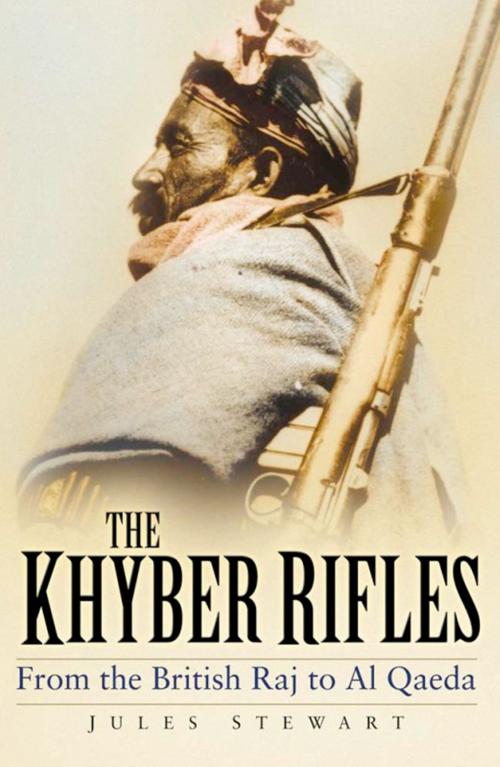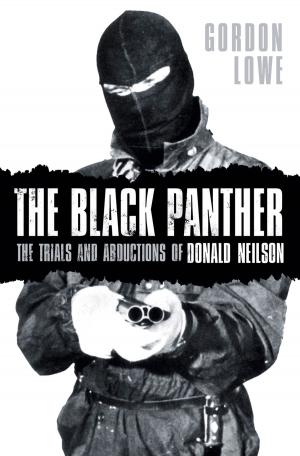| Author: | Jules Stewart | ISBN: | 9780752495583 |
| Publisher: | The History Press | Publication: | June 22, 2006 |
| Imprint: | The History Press | Language: | English |
| Author: | Jules Stewart |
| ISBN: | 9780752495583 |
| Publisher: | The History Press |
| Publication: | June 22, 2006 |
| Imprint: | The History Press |
| Language: | English |
Still recruited from the Pathan tribes that live in this savage no-man's land between Pakistan and Afghanistan, the Khyber Rifles continue to stand guard over one of the world's most volatile borders. For many years these gallant poachers turned gamekeepers fought for the British Raj against their own kith and kin, but to date nothing has been written about their key role in Britain's struggle to dominate the North-West Frontier. The Khyber Pass, the mountainous area west of the River Indus, has never been fully subject to outside rule. When the Punjab was annexed by the British in 1849, the region containing the present North-West Frontier Province populated by Pathans also came under the rule of the Raj. Jules Stewart tells the story of Colonel Sir Robert Warburton, the man who raised the Khyber Rifles in 1878 to protect the lines of communication of the Second Afghan War expeditionary force. He describes the Khyber Rifles in action, in particular the spirited defence of their posts in the 1897 Frontier uprising.Following the Third Afghan War (1919) the Khyber Rifles were abandoned to their fate by the British government, leading to the controversial decision to disband the corps. Former Khyber Rifles levies were recruited into the Afridi Battalion to serve the British in the Second World War, after which the corps was raised again. In 1947, Pakistan gained its independence and the Khyber Rifles took on new duties, including the pursuit of drug smugglers and terrorists. Most recently, they have spearheaded an operation in Tirah, the land that even the British never attempted to occupy, to seal the border against Al Qaeda militants and eradicate the opium trade.
Still recruited from the Pathan tribes that live in this savage no-man's land between Pakistan and Afghanistan, the Khyber Rifles continue to stand guard over one of the world's most volatile borders. For many years these gallant poachers turned gamekeepers fought for the British Raj against their own kith and kin, but to date nothing has been written about their key role in Britain's struggle to dominate the North-West Frontier. The Khyber Pass, the mountainous area west of the River Indus, has never been fully subject to outside rule. When the Punjab was annexed by the British in 1849, the region containing the present North-West Frontier Province populated by Pathans also came under the rule of the Raj. Jules Stewart tells the story of Colonel Sir Robert Warburton, the man who raised the Khyber Rifles in 1878 to protect the lines of communication of the Second Afghan War expeditionary force. He describes the Khyber Rifles in action, in particular the spirited defence of their posts in the 1897 Frontier uprising.Following the Third Afghan War (1919) the Khyber Rifles were abandoned to their fate by the British government, leading to the controversial decision to disband the corps. Former Khyber Rifles levies were recruited into the Afridi Battalion to serve the British in the Second World War, after which the corps was raised again. In 1947, Pakistan gained its independence and the Khyber Rifles took on new duties, including the pursuit of drug smugglers and terrorists. Most recently, they have spearheaded an operation in Tirah, the land that even the British never attempted to occupy, to seal the border against Al Qaeda militants and eradicate the opium trade.















